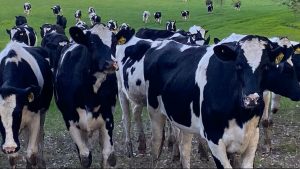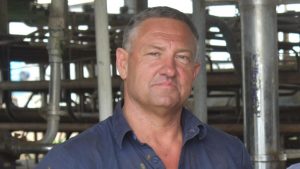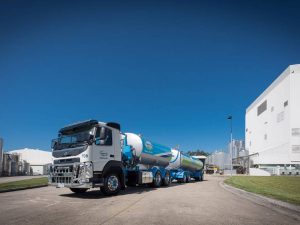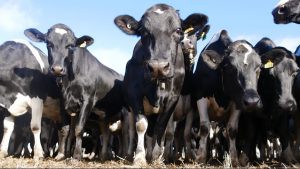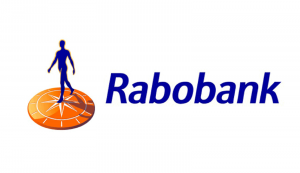
Key points
- Workability data critical for temperament, milking speed, likeability breeding values
- Need more farmers to report key traits
- Simple process to do through herd-recording systems
It’s these on-farm recorded observations of traits such as milking speed, temperament and likeability that help industry herd improvement organisation DataGene develop Australian Breeding Values (ABVs) for these attributes.
But in recent years, fewer farmers have been choosing to collect and submit workability data, a worrying trend for DataGene.
DataGene stakeholder relations specialist Peter Thurn said farmers who scored workability traits helped the industry identify “ordinary” animals and this contributed to the accuracy of ABVs.
“People are taking for granted that we have placid cows and fast milking heifers,” he said. “This wasn’t always the case and won’t continue to be if the industry doesn’t increase its workability data collection.
“Despite the great advances we have made in workability performance, we are still getting the odd bull slip through with poor ratings, so we need to continue to add data to the system to avoid this.
“Traits like milking speed and temperament are validated really quickly using on-farm observations, that’s why DataGene’s encouraging more farmers to record workabilities.”
Western Australian dairy farmer Jacqui Biddulph milks 420 registered Holsteins with her family at Cowaramup near Margaret River and has been recording workability traits for the past 26 years.
“It’s still really important, despite the huge leaps forward with genetics and science,” she said.
“At the end of the day, a farmer must still want to milk that cow. Plus, if a cow scores highly for likeability, they are going to stay around.”
What you don’t see
But measuring the effects of workability recording on the modern dairy animal is more about what isn’t seen, than what is seen, Mrs Biddulph said.
“If you like them, they are easy to manage in the shed, they come and go and no one notices – she just does her job,” she said.
“I can remember – over the years – cows that were slow milkers, in particular, or those cows that were twitchy and danced in the dairy when you put cups on. But a lot of those cows, they don’t appear anymore.”
The Biddulph family have a simple view on workability scoring.
“We either like them or we don’t,” Mrs Biddulph said. “If we don’t like them, we will mark them down.”
A prompt in their herd management software reminds the family to record workability traits for fresh heifers. Mrs Biddulph said that once any heifer reached a certain number of days in milk, a reminder flashed on their computer screen every time they turned it on.
We either like them or we don’t. If we don’t like them, we will mark them down.Farmer Jacqui Biddulph
She said it wasn’t a time-consuming task, considering the benefit it provided to the herd improvement industry.
All two-year-old heifers should be scored for workabilty, and it can be reported via the HerdData app, Easy Dairy, Mistro Farm or directly to a herd test centre.
Workability trait scoring is an assessment of each individual heifer. For example, to report likeability, farmers are asked to record if they would like more cows like the one they are scoring and then provided with a range of answers from “very definitely” to “definitely not”.
It’s similar when measuring milking speed – the range is from “very fast” to “very slow”.
The HerdData app gives farmers a selection of words to choose to score the temperament of individual heifers. These include placid, quiet, average, nervous or very nervous.
Workability traits are included in DataGene’s Balanced Performance Index (BPI) and Health Weighted Index (HWI).
To breed for improved workability, look for Good Bulls with workability ABVs of greater than 100. The Good Bulls App allows users to filter for each of the three workability traits.









